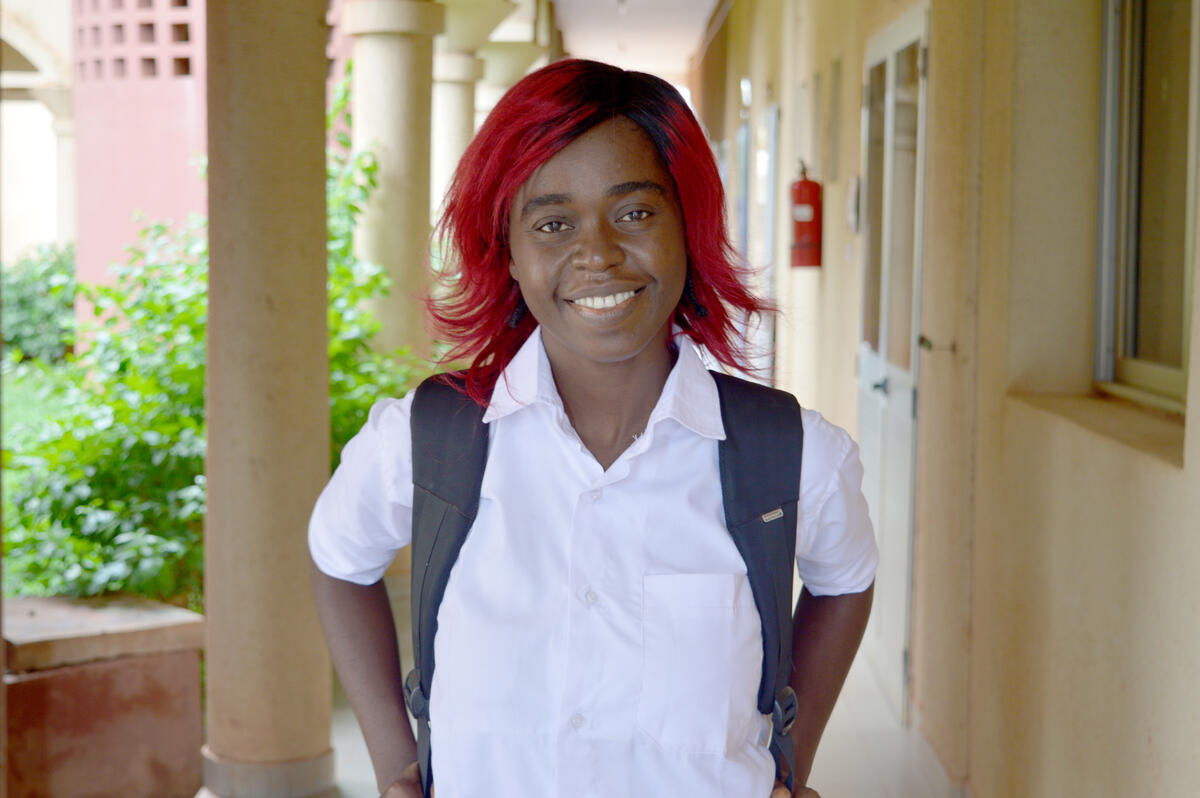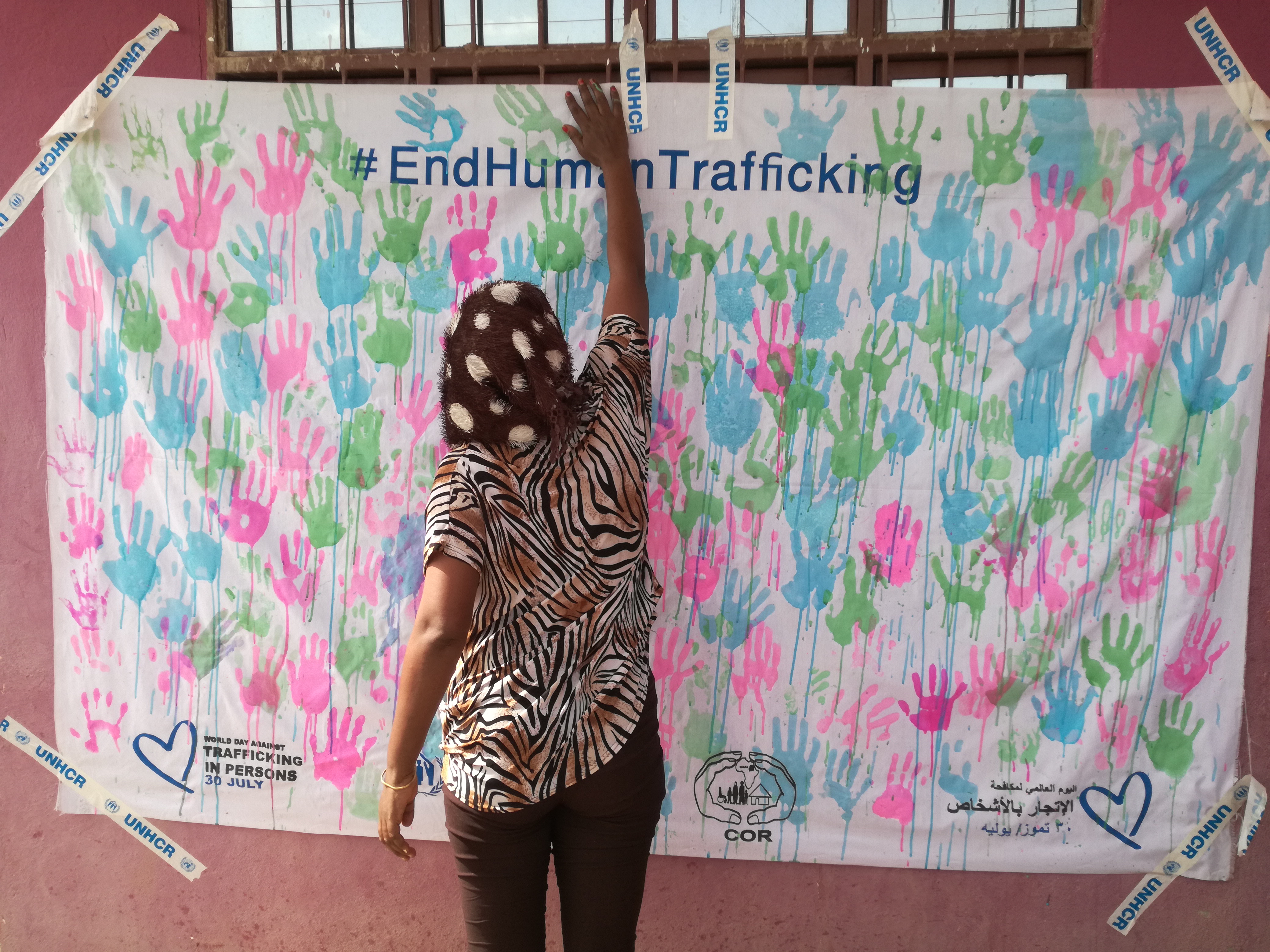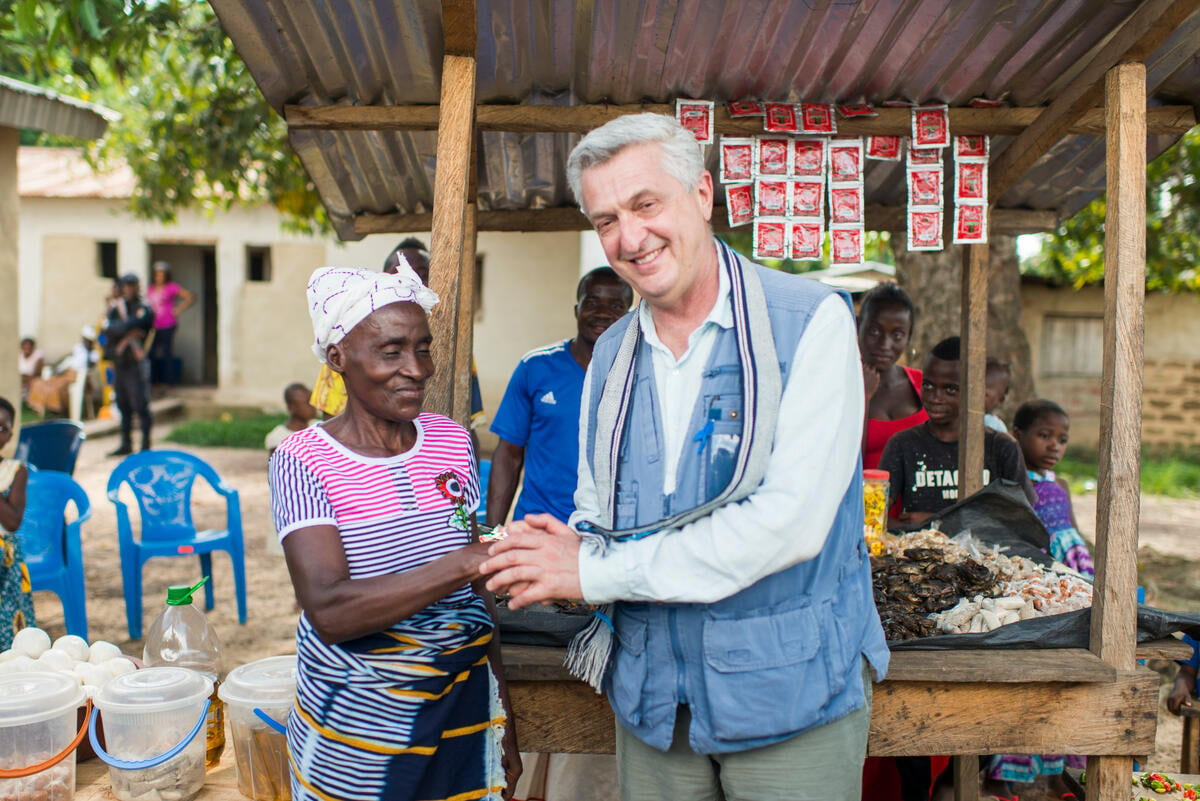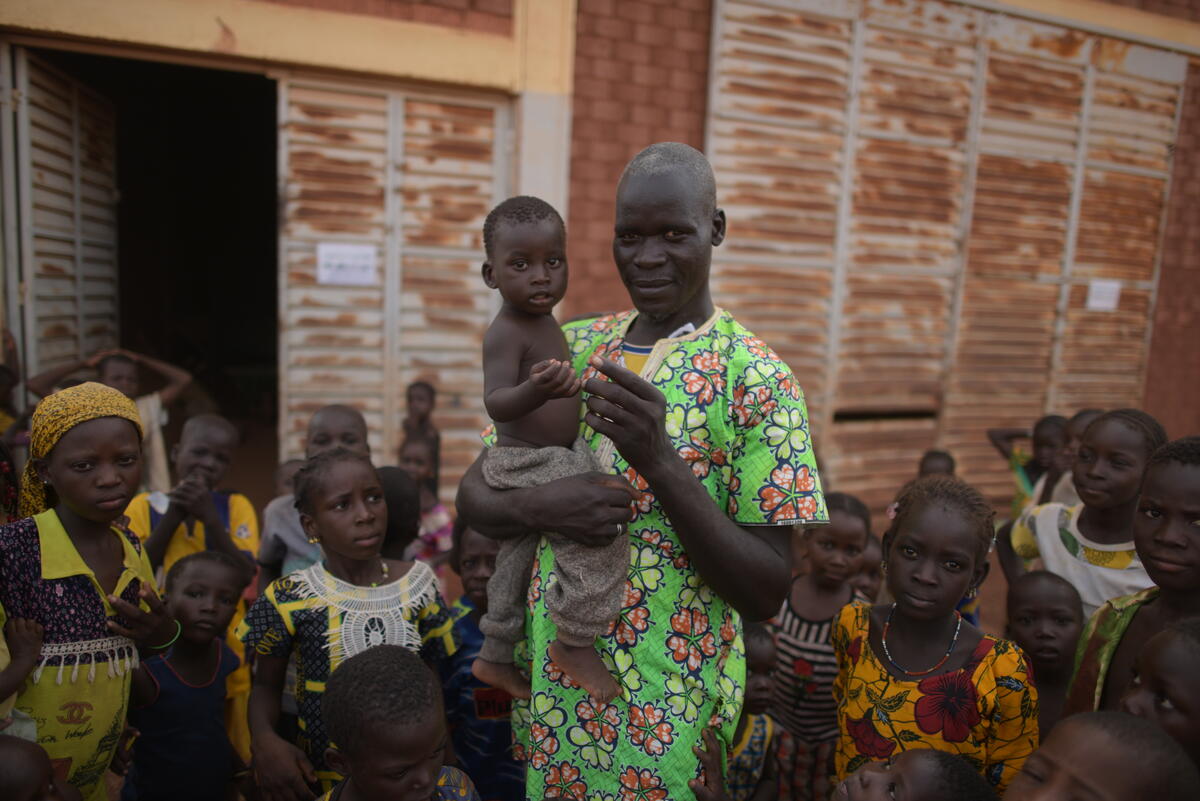Côte d'Ivoire: UNHCR extremely concerned about continuing displacement
Côte d'Ivoire: UNHCR extremely concerned about continuing displacement
While negotiations toward a ceasefire continue in Côte d'Ivoire, UNHCR remains extremely concerned about the continuing displacement of both Ivorians and foreigners throughout the country and in Abidjan. Obviously, our concern is that any large-scale displacement could spill over into neighbouring states and cause further instability in an already troubled region.
The demolition of shantytowns is continuing in Abidjan, albeit to a lesser extent, causing more homelessness. A three-day UN inter-agency mission returned to Abidjan on Sunday after visiting Côte d'Ivoire's capital Yamoussoukro, Brobo, Bouaké and Tiébissou in the north of the country. The humanitarian situation in the north of Côte d'Ivoire seems to be deteriorating by the day. Bouaké appeared to be a ghost town, with most shops, banks and even the central market closed.
Thousands of people are reported fleeing the war-affected zones daily, with a clear increase over the weekend. Civilians are fleeing Bouaké because of fear, hunger and a lack of money. Banks are closed. Markets are selling only yams and onions. Ethnic tensions have worsened since troops loyal to the government tried to regain the town early last week (7 October).
Over the past weekend, more than 25,000 people were reported on main roads leading out of Bouaké, south via Sakassou, Didievi and Tiébissou towards Yamoussoukro, and via the east route towards Brobo and M'bahiakro. Many people reported having walked as much as 50 km, sometimes through the bush. Transport prices have soared around Bouaké. Catholic missions in and near the various villages on the way to and in Yamoussoukro have been assisting the displaced with food and temporary housing. After a few days of rest, most of the displaced continue on toward urban areas in Côte d'Ivoire, where they may have relatives. Many mentioned Abidjan as the final destination.
Elsewhere in the country, the level of displacement is unclear. But with the rebels reportedly gaining control of Daloa - in the main cocoa-producing region of Côte d'Ivoire - more unconfirmed movements of people have been reported. At the same time, nationals from other countries continue to be targeted in Abidjan and other parts of the country. As a result, about 4,500 Burkinabe nationals who sought shelter in a church in Doukoué have asked to return to their home country, fearing further repercussions.
In Abidjan, the razing of shantytowns has slowed following the president's speech last Wednesday, when he called for an end of attacks against foreigners. But the destruction is continuing in districts around military and government buildings, creating more displacement. UNHCR is now caring for some 1,000 newly displaced refugees - mostly Liberians and Sierra Leoneans - in five sites around Abidjan. The city also has to deal with additional displaced arriving from other parts of the country.
Small-scale movements are still reported across neighbouring borders, mainly foreign nationals returning to their country of origin. There are also small numbers of Ivorians temporarily crossing the border for safety.









